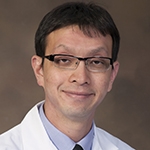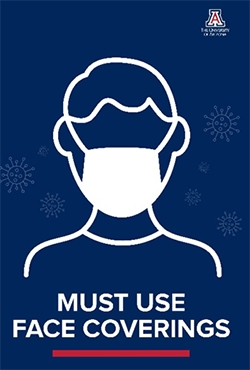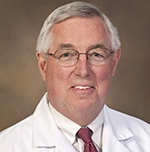While COVID-19 continues to reinforce the need for everyone to be on-the-fly, life-long learners, health experts agree on a few things: the 3 Ws - wear a mask; wash your hands; watch your distance – work to reduce the infection risk.
As in-person clinic visits and life-saving procedures return to pre-March-closure levels, the cardiology team is seeing that health care workers and patients are staying healthy by following these 
Cardiac Arrests Have Increased

“This information amplifies the need for everyone to know how to respond in case of sudden cardiac arrest. During the 
American Heart Association's journal, Circulation, published a study indicating the risk of contracting the virus while doing chest-compression-only CPR is low. Most out-of-hospital cardiac arrests occur in the home or in long-term care facilities, with only 18.8 percent happening in public, according to the AHA. So, most likely a rescuer will be helping a family member or friend. If a bystander is wearing a mask and sees a stranger collapse suddenly, doing chest-compression-only CPR most likely is low risk, particularly if the victim also is wearing a mask or the rescuer could cover the victim's face with a cloth or shirt.
Visit the Sarver Heart Center “Learn CPR” webpage for chest-compression-only CPR training resources. Student volunteers from University of Arizona and College of Medicine – Tucson are planning to offer virtual CCO-CPR trainings. If you would like to schedule a training for a class or group that meets via Zoom, please email kmaass@shc.arizona.edu (We’ll learn how to do this together.)
To Your Health
Dr. Lee offered this checklist for heart care:
- Wash hands, at least 20 seconds
- Avoid touching public surfaces, your face and eyes
- Socially distance
- Wear a face covering in public
- High-risk patients should avoid contact with children under 18 years
- Despite theoretical concern, do not stop heart medications, such as angiotensin-converting enzyme (ACE) inhibitor and an angiotensin receptor blocker (ARB)
- Exercise, sleep well, manage stress, eat well
- Get a flu shot
- Keep up with your cardiac follow-up care: in-person or telehealth
- If you have concerning symptoms, do not hesitate to seek immediate medical attention

